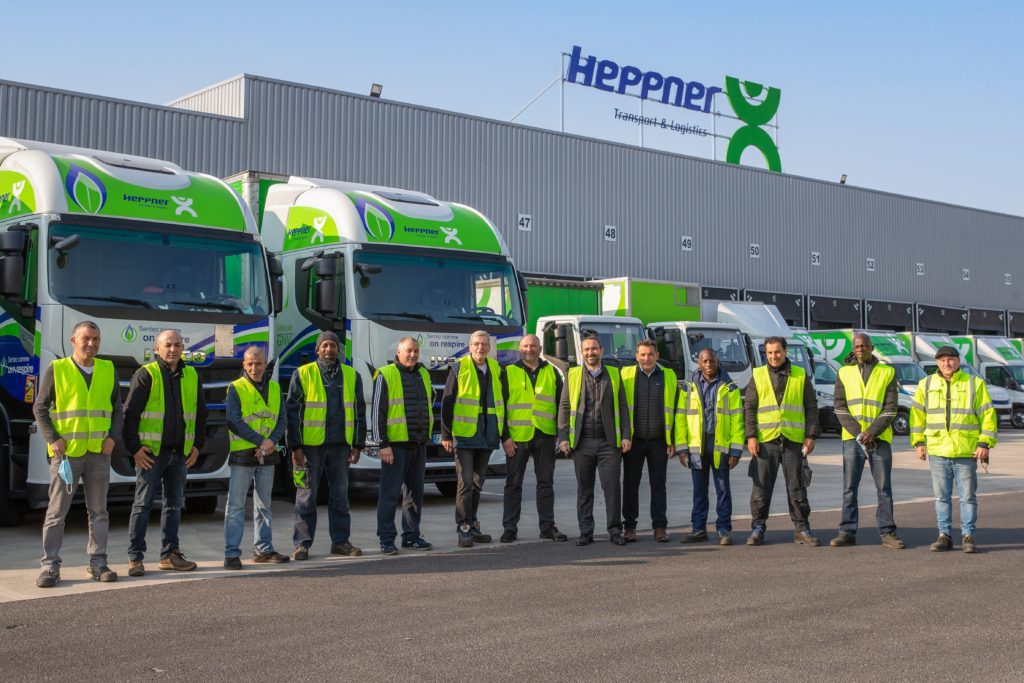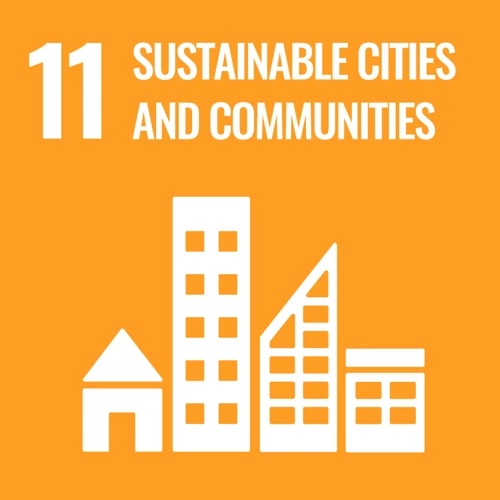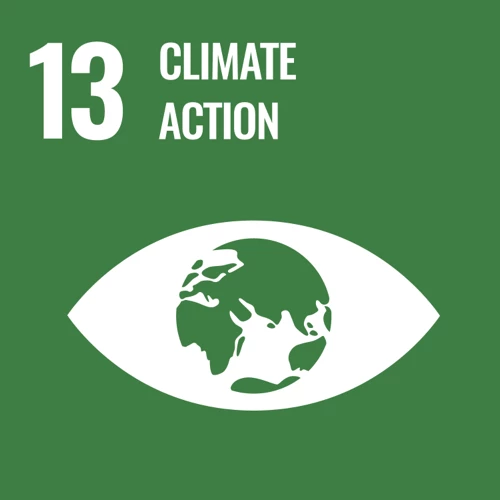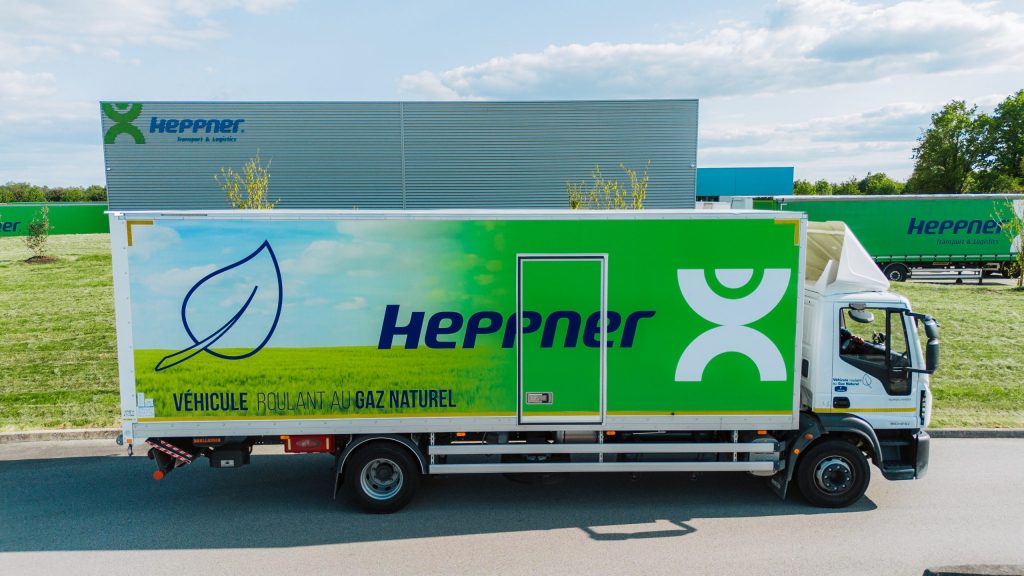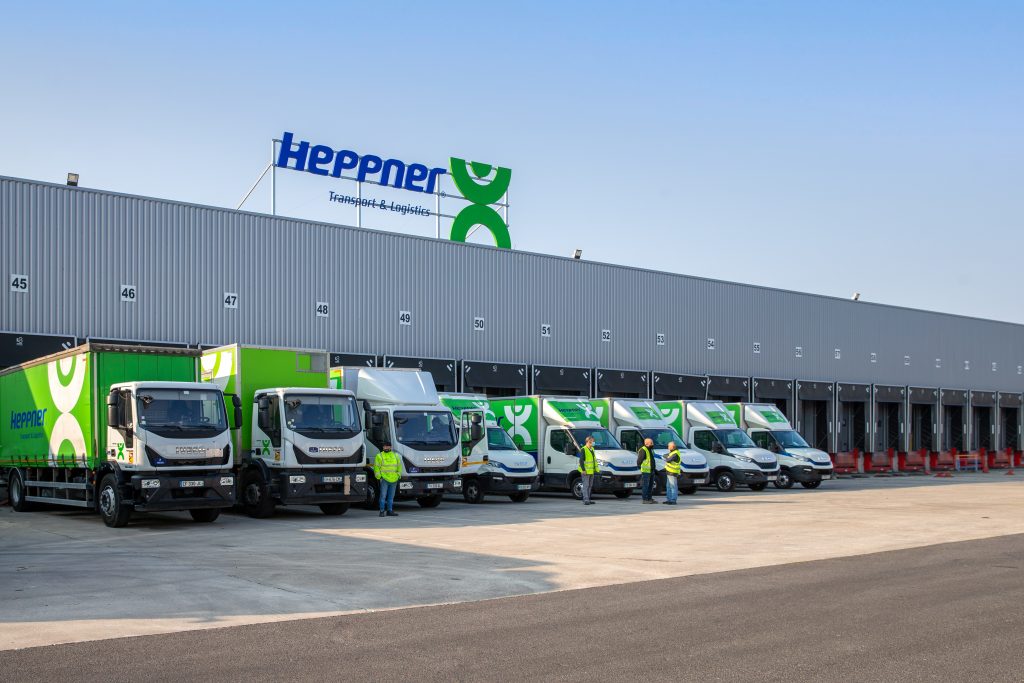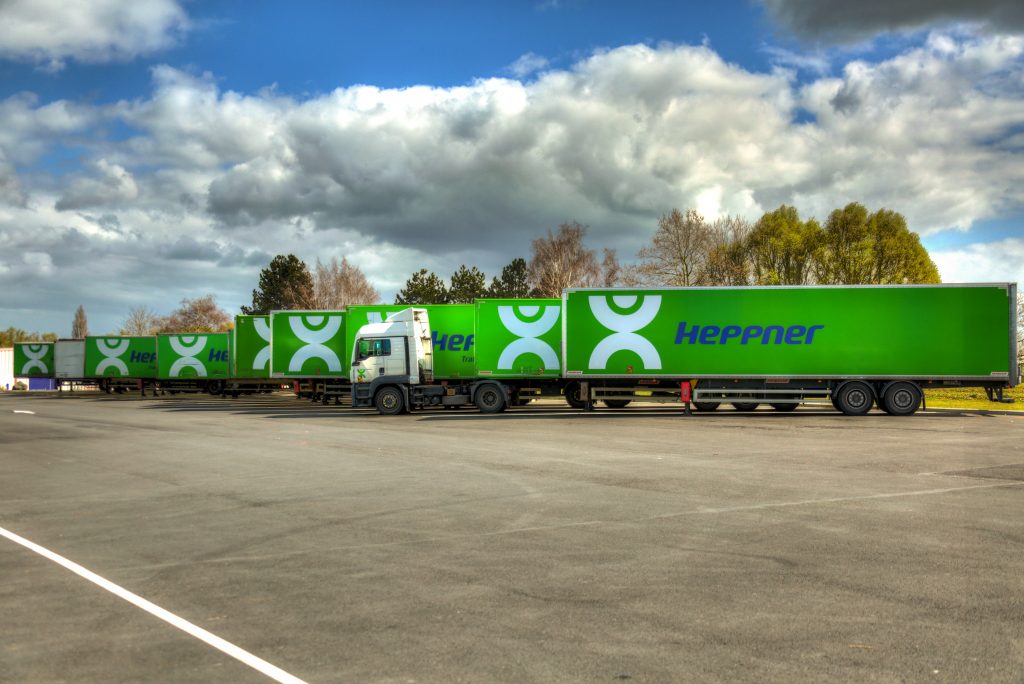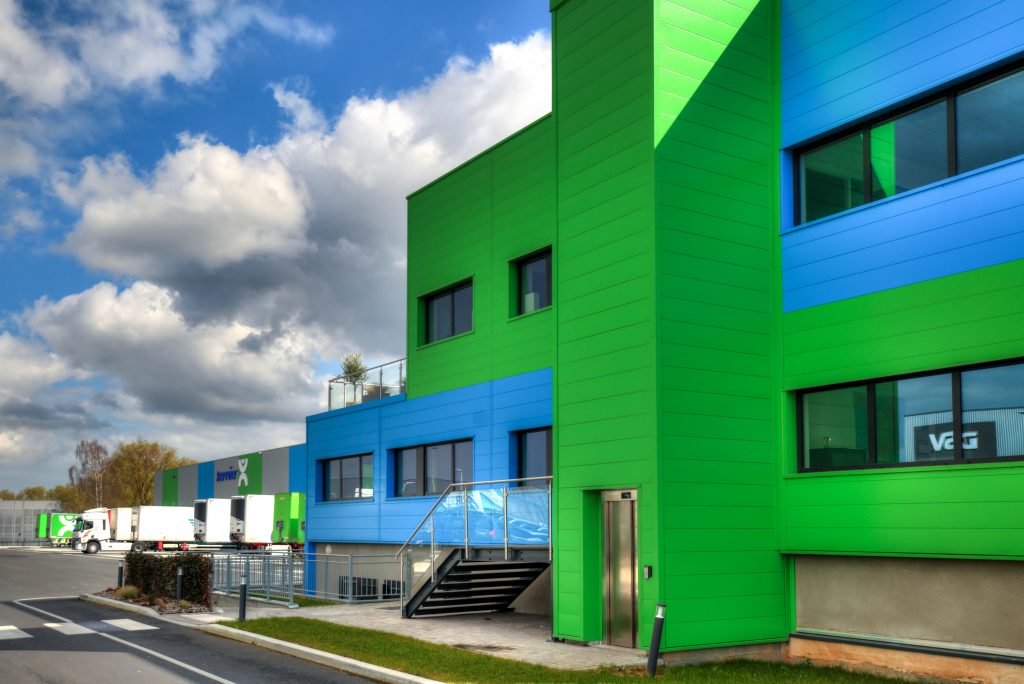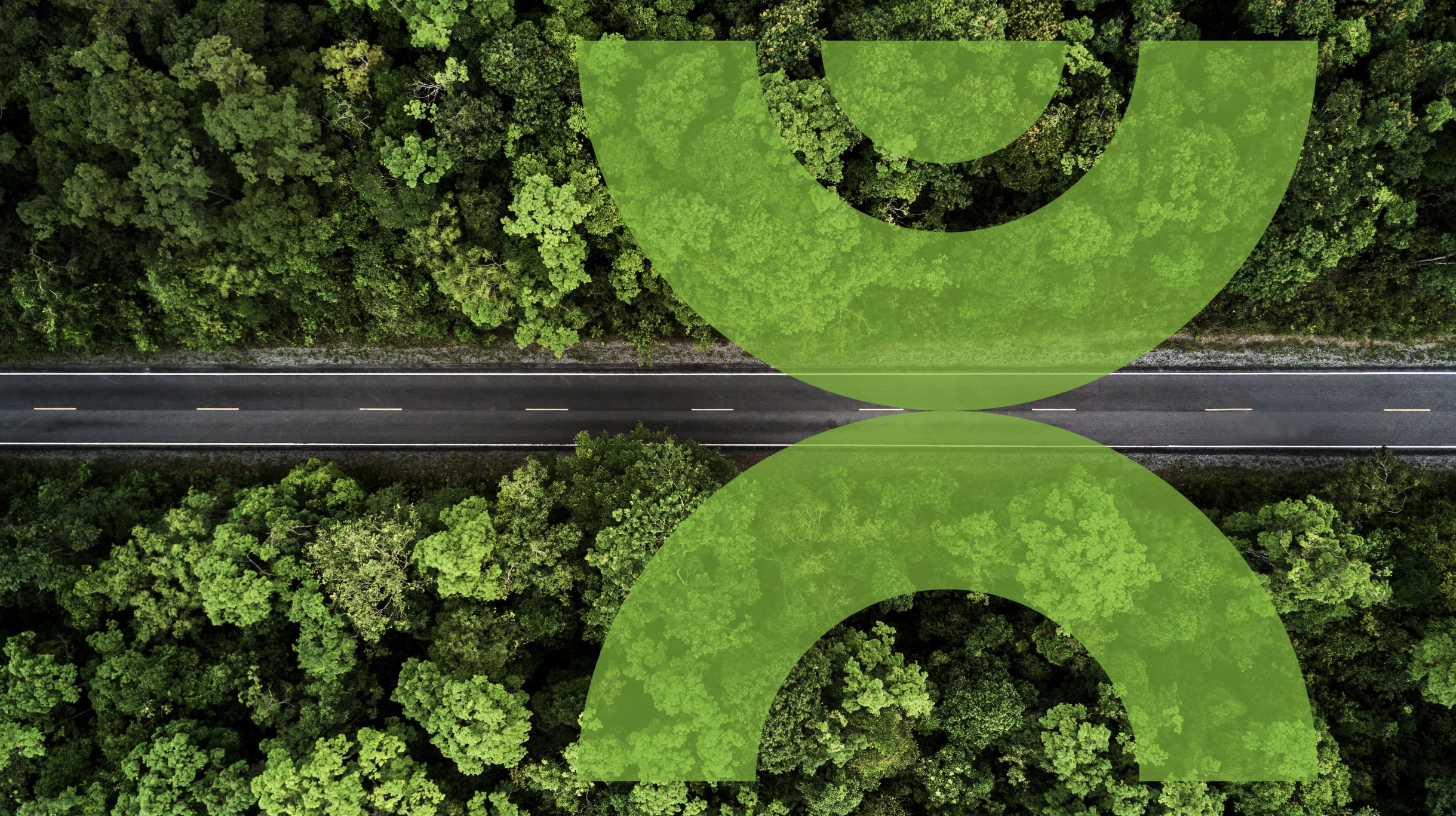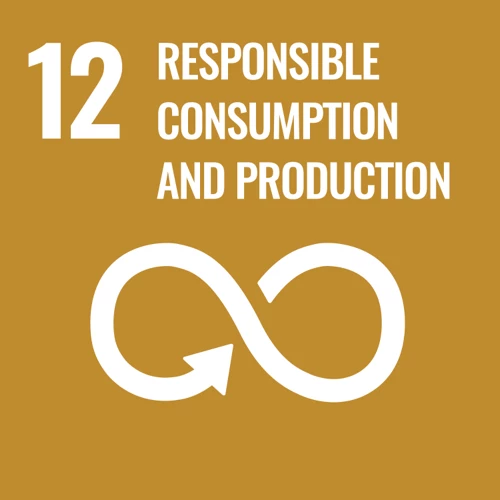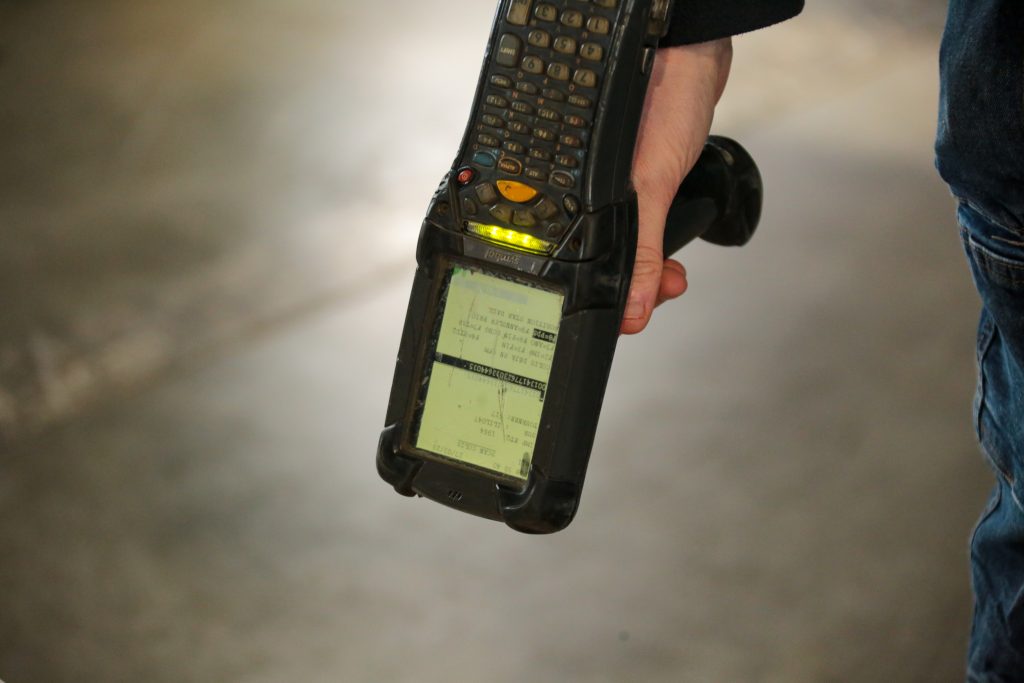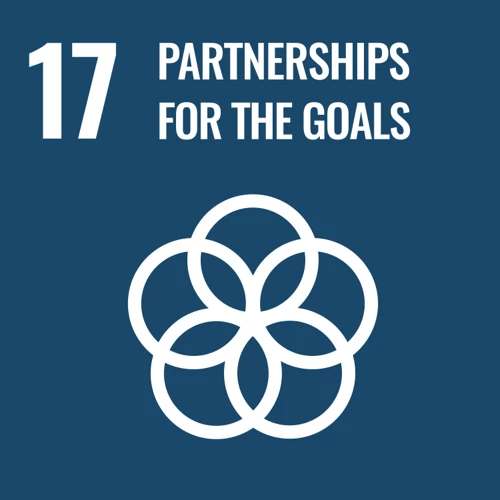First results and progress
At the end of 2023, 100% of the Group’s drivers (Heppner fleet) had been trained, meeting a target set in 2022. In addition, all of the Group’s French branches have adopted the Michelin Connected Fleet solution, an online tool that measures key eco-driving indicators: sudden braking and acceleration, respecting speed limits, and idling time with the engine running.
The benefits of this approach to driving are being felt, with an uptick in the 2023 indicators for environment and fluidity, and consistently high results for safety (scope: Heppner fleet).
Testimonial: Philippe Vanparys, Fleet Manager, Heppner Lyon:
How do you view the training in eco-driving?
These training courses are very important for driving both heavy and light vehicles, whether they belong to the company or are private vehicles; if you drive economically, and therefore with less environmental impact, the vehicles last longer and you avoid lots of bumps and scrapes, and even accidents (driving at high speed, well above permitted limits, significantly increases fuel consumption and wear and tear).
What is the main thing you have taken away from the course?
For me, looking ahead is by far the most important aspect of eco-driving, particularly with the advent of electric vehicles: battery power is recovered when you decelerate or use the engine brake (the foot brake remains an emergency solution). I have tested it for myself and I think it’s fantastic.
And to teach drivers (HGVs or LGVs) that in certain situations, the automatic gearbox is not suitable – because it cannot know in advance what the road conditions are – and at such times, you need to override it with the manual gearbox.

Progressing further by challenging drivers in Rhône-Alpes
Encouraged by the progress achieved with the introduction of eco-driving, the Rhône-Alpes region has decided to propose a challenge to its drivers on this theme in 2023. The aim was, on one hand, to deepen understanding of the data available on Michelin Connected Fleet and, on the other hand, to maintain a dynamic among drivers.
The challenge in figures:
– 20 participating drivers from 4 branches in the Rhône-Alpes region, from March to November 2023
– Progression in the Fluidity, Safety and Environment indicators for each driver: less stress, fewer accidents
– 15 drivers rewarded with gift vouchers (total amount €3,000)
– A significant reduction in fuel consumption: -13% reduction in diesel consumption in 2023 compared to 2022, taking into account the kilometres travelled, representing an overall saving of €40,000 in fuel costs.
The feedback is invaluable for rolling out this challenge at Group level in 2024. The results of this initial positive experience were used to validate the relevance of the data collected, the rules of play, the best leadership and associated management practices, and the goals that the participants would be required to meet.


